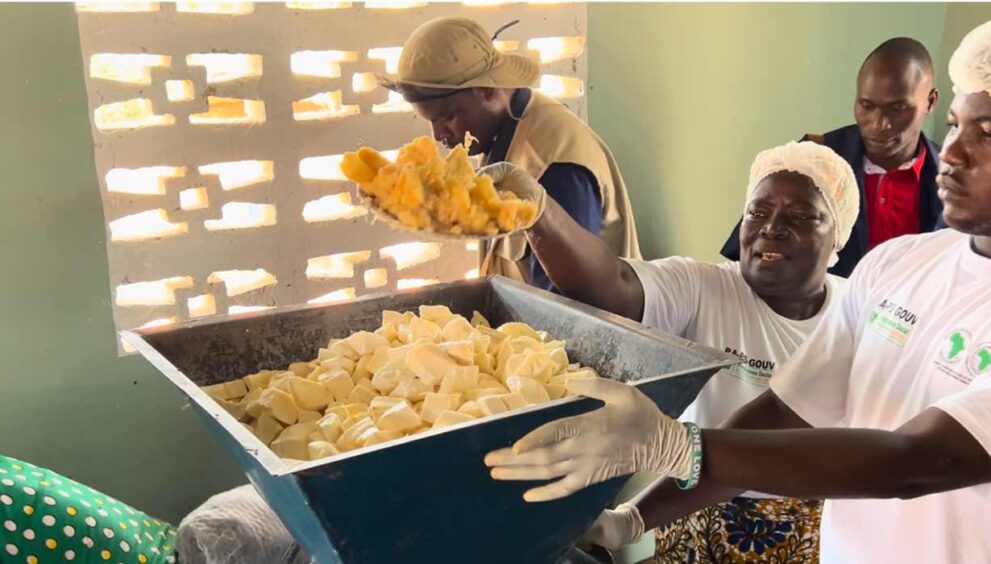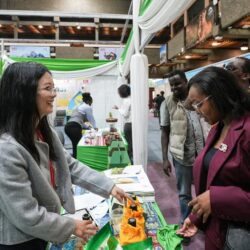Abidjan, Côte d’Ivoire – The African Development Bank Group (AfDB) is placing gender equality at the core of its continental growth strategy, positioning rural women as key drivers of economic transformation. This commitment, articulated by Dr. Jemimah Njuki, the Bank’s Director for Gender, Women, and Civil Society, directly supports AfDB President Sidi Ould Tah’s Four Cardinal Points, focusing on finance mobilization, systemic reform, demographic potential, and infrastructure development.
Mobilizing Capital and Breaking Systemic Barriers
The AfDB views the empowerment of rural women—who are often farmers, traders, and entrepreneurs—as essential to accelerating Africa’s development and building resilience.
“For the African Development Bank Group, [supporting rural women] is far more than symbolic. It reaffirms our mission to make gender equality central to Africa’s growth story,” Njuki said.
The Bank’s most ambitious effort is the Affirmative Finance Action for Women in Africa (AFAWA) initiative. AFAWA is tackling the continent’s $42 billion gender-finance gap by partnering with 185 financial institutions across 45 countries. The program has already mobilized over $2.5 billion for women-led businesses, enabling cooperatives in places like Côte d’Ivoire to formalize and access crucial credit.
Real-World Impact on Livelihoods
The Bank’s Gender Strategy (2021–2025), structured around the pillars of empower, accelerate, and transform, is yielding tangible results on the ground:
- Agricultural Resilience: In Djibouti, the “Land Is Life” project has provided rural women with access to land, water systems, and climate-smart agriculture training, restoring livelihoods in drought-prone areas.
- Income Generation: In Côte d’Ivoire, support through the Government Social Program Project helped women transition from informal charcoal trading to market gardening, enabling them to earn between CFA 800,000 and 1,000,000 ($1,300 – $1,600) per month.
- Technological Adoption: Flagship programs like Technologies for African Agricultural Transformation (TAAT) have equipped women with modern methods. In Nigeria, women-led cooperatives using rice-parboiling technology generated over $181,800 in sales in a single year.
Infrastructure and Demographic Potential
The AfDB is also addressing the severe time constraints faced by rural women due to unpaid domestic labor. By funding gender-responsive infrastructure, such as bringing safe water points closer to homes in the Democratic Republic of Congo and South Sudan, the Bank aims to free up women’s time for education and business.
“Africa’s greatest strength is its people—and empowering women and youth is the key to unlocking that potential,” Njuki stated.
Looking ahead, the AfDB, under President Ould Tah’s direction, plans to deepen its investment in education, digital access, and infrastructure to ensure every rural woman has the resources and opportunities required to thrive, reinforcing the belief that they are not just part of Africa’s development story but are actively shaping its future.




